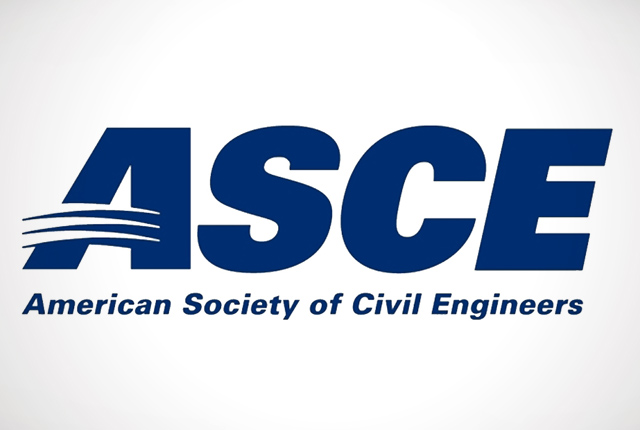The Nigerian International Section of the American Society of Civil Engineers (ASCE), says built environment stakeholders should enforce the construction of right foundations in structures, to end building collapse and failure of projects in Nigeria.
Members of the group made the call at the Society’s Third Quarterly Meeting, with the theme, “Pile Foundation Design and Construction in Varying Soil Conditions’’, in Lagos on Saturday.
The association stressed the need for discipline and political will on the part of governments and the commitment of engineers to get things done right.
The guest speaker, Mr. Aileme Unuigbe, said that construction failure occurred because stakeholders had a tendency to concentrate on the visible aspect while ignoring the most vital one, which is the quality foundation.
READ ALSO: Why Civil Servants can not join nationwide strike – FG
Unuigbe advised governments at all levels to engage professionals at every stage from contract procurement, design to the construction stage to avert errors of the wrong foundation.
He said that soil types played an important role in buildings.
“This presentation is talking about the present situation in Lagos State, especially where we have different types of soil layers and we have pile construction practice, and there is a misnomer which we are trying to let people know.
“I see that in general conventional construction practice, people pay more attention to what is easier for them to learn, which is what we call the superstructure, that is, what goes above the ground.
“And when it goes into the ground, there are many unknowns, that is, different variables, because on a plot of land you can have two types of soil in different layers and practitioners (engineers) have to increase knowledge.
“We have to up our game as engineers in Nigeria,’’ Unuigbe said.
He advised professional engineers to continue to upgrade their knowledge while calling on fresh ones to interact with and join professional engineering bodies to advance experience toward uplifting Nigeria.
Dr. Emmanuel Adeyemo, a fellow of both the Nigerian Society of Engineers (NSE) and various local and international organizations, appealed to all levels of government and private individuals to engage professionals to avert construction failure.
“The quacks are the cause of building and infrastructure collapse in Nigeria and we have to get to the root of it by following due process right from the owner of the building to the contractor and the government to have an end to this menace.
Adeyemo, who was one of the 10 recipients of ASCE merit awards for landmark achievements in the field, also appealed to the government to take the lead to address corruption in the built environment.
“Without qualified engineers, no structure should be put in place in this country. We are getting it wrong because some of the agencies are not doing what they are supposed to do because a building is not supposed to be what anybody can hide.
“It is out there going from first, second, third storeys and beyond,’’ he said.
He advised young engineers to be hardworking and focused to achieve their vision and revolutionize the nation’s engineering landscape.
An International Director and ASCE Region 10 Board of Governors, Dr. Elias Sayah, called for the political will of the nation’s leadership to end construction failure.
“Government should ensure we have a firm democratic way of doing things,’’ he said.
He said that certified Nigerian engineers had never engaged in any construction that failed, hence, the need to always engage qualified professionals.
Sayah, represented by Mr. Saliu Lawal, a fellow of NSE and also ASCE Region 10 Governor, said that the association was the largest body of civil engineers globally in 171 countries.
He said that ASCE Region 10 covered 171 countries including Nigeria, and had various programs and initiatives to ensure Nigerian engineers benefited from the American knowledge of engineering.
Sayah said that willing engineers could benefit from its wealth of experience in civil engineering practice by using ASCE resources and facilities both locally and globally free of charge.



Leave a Reply